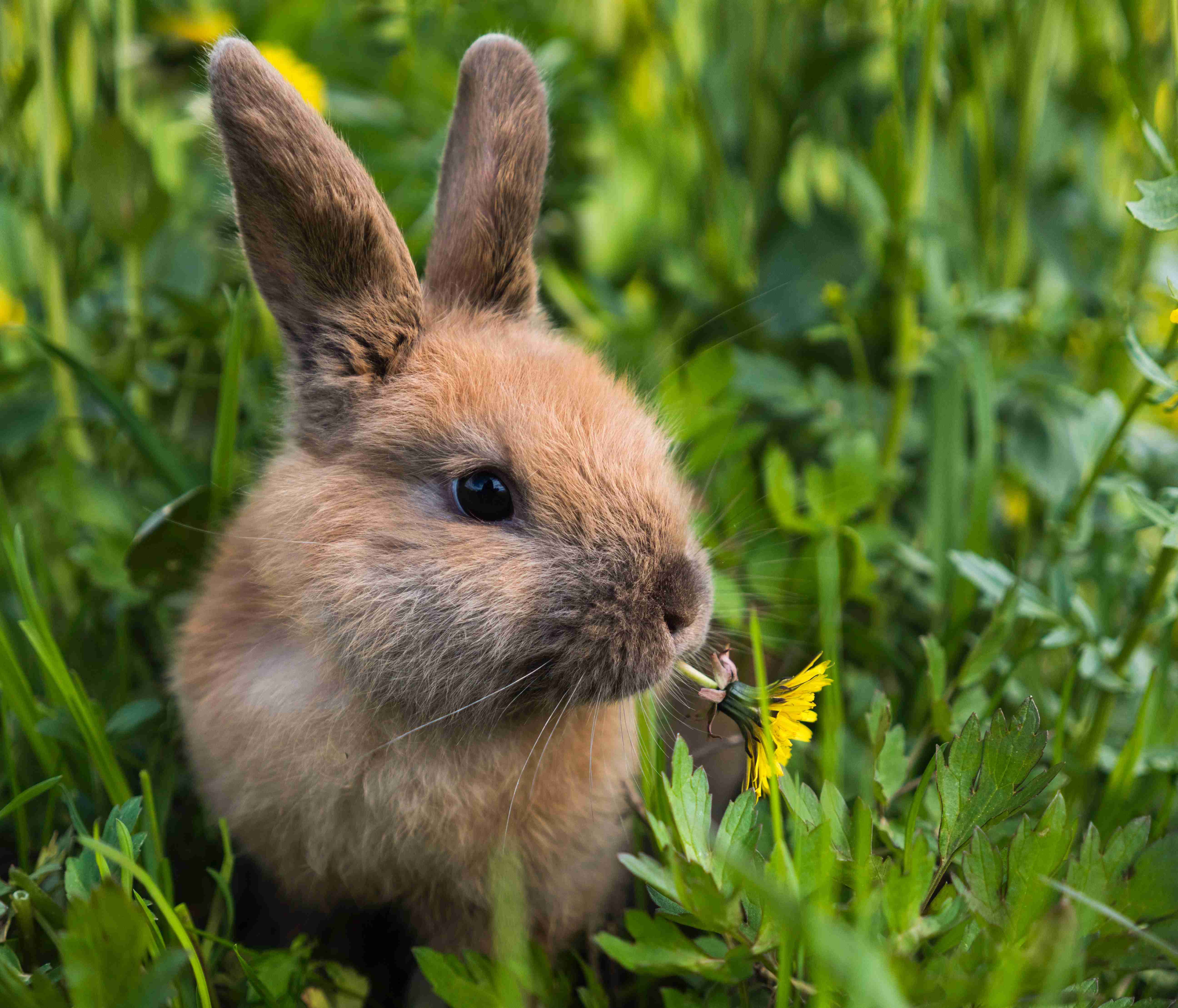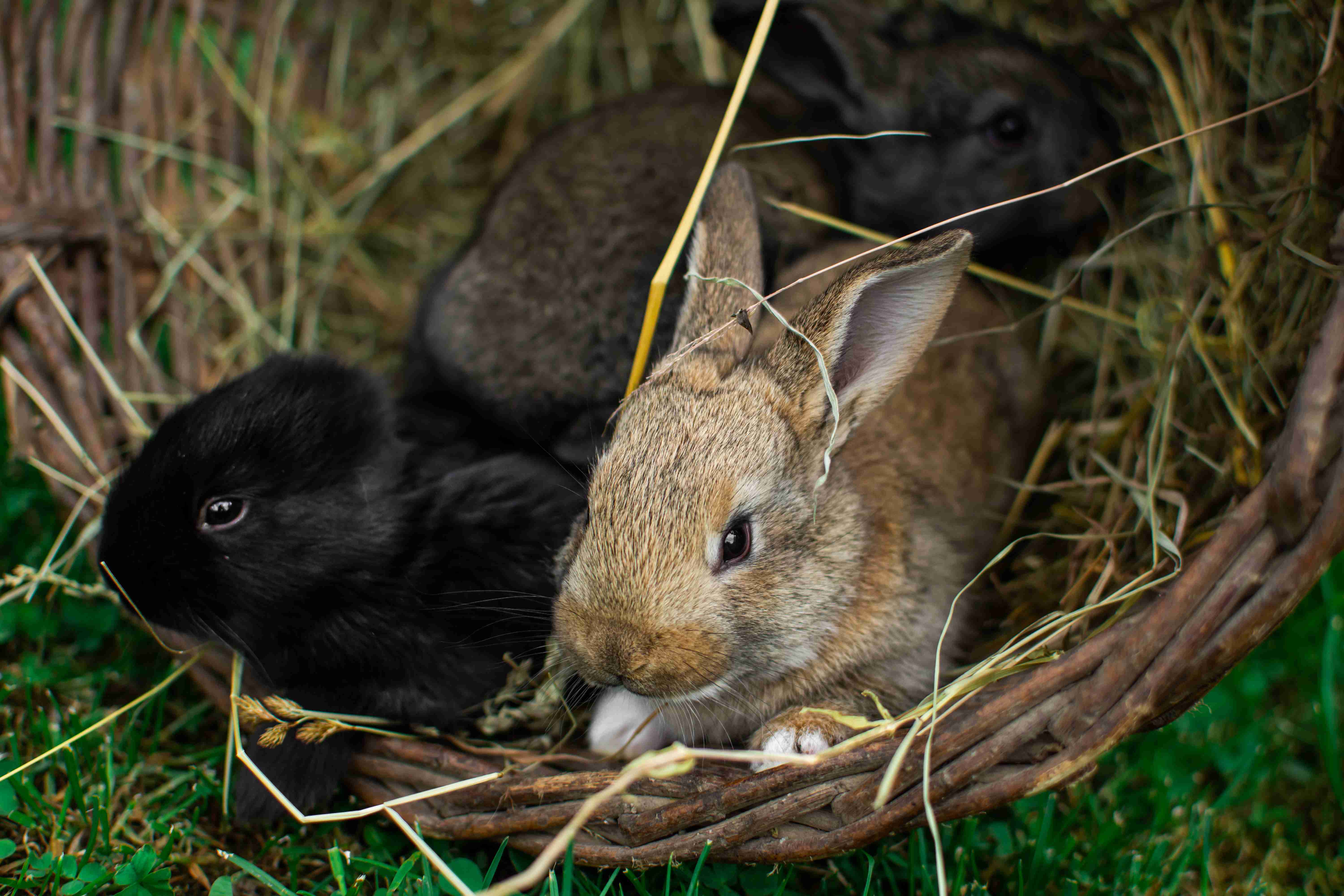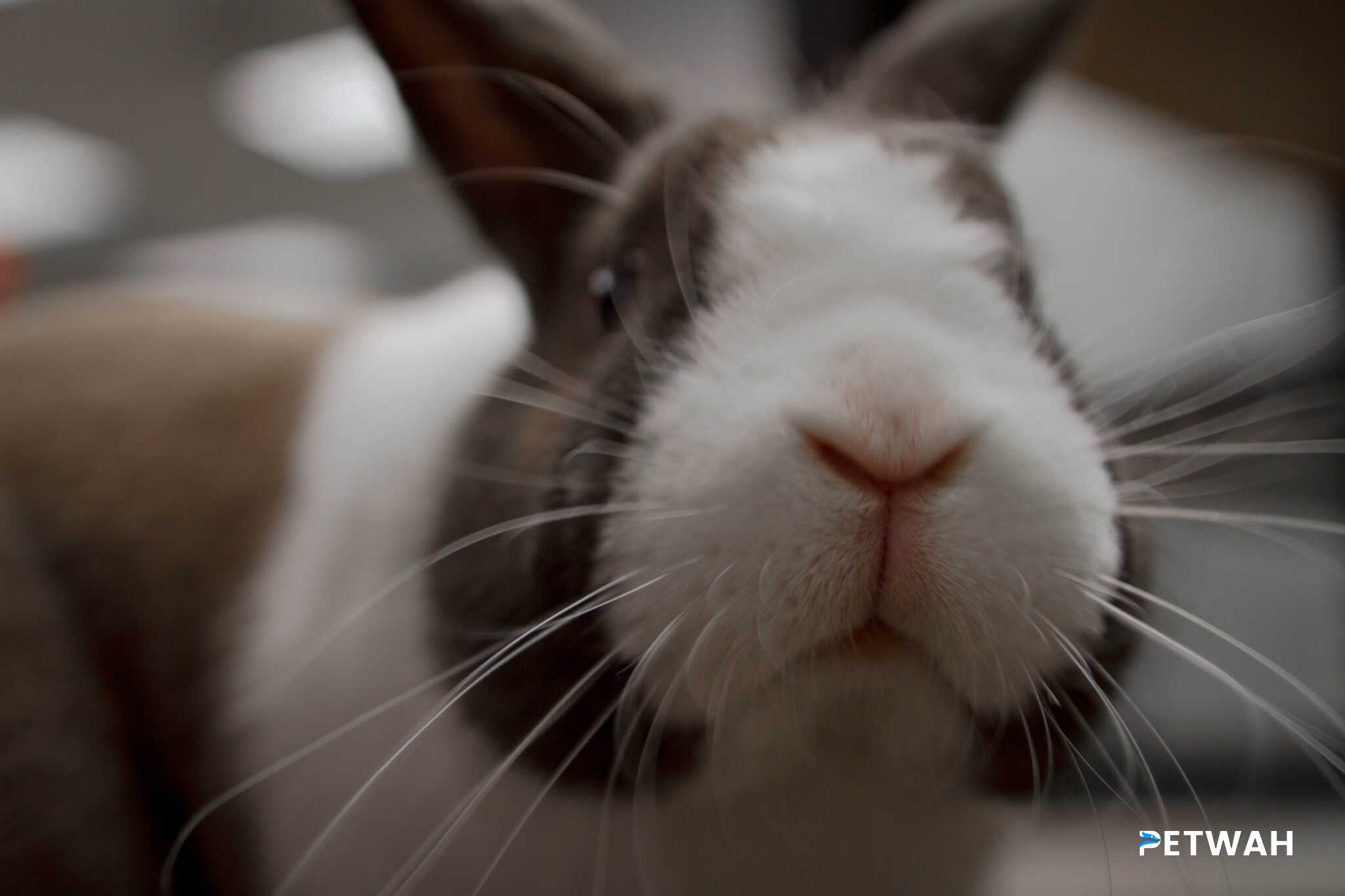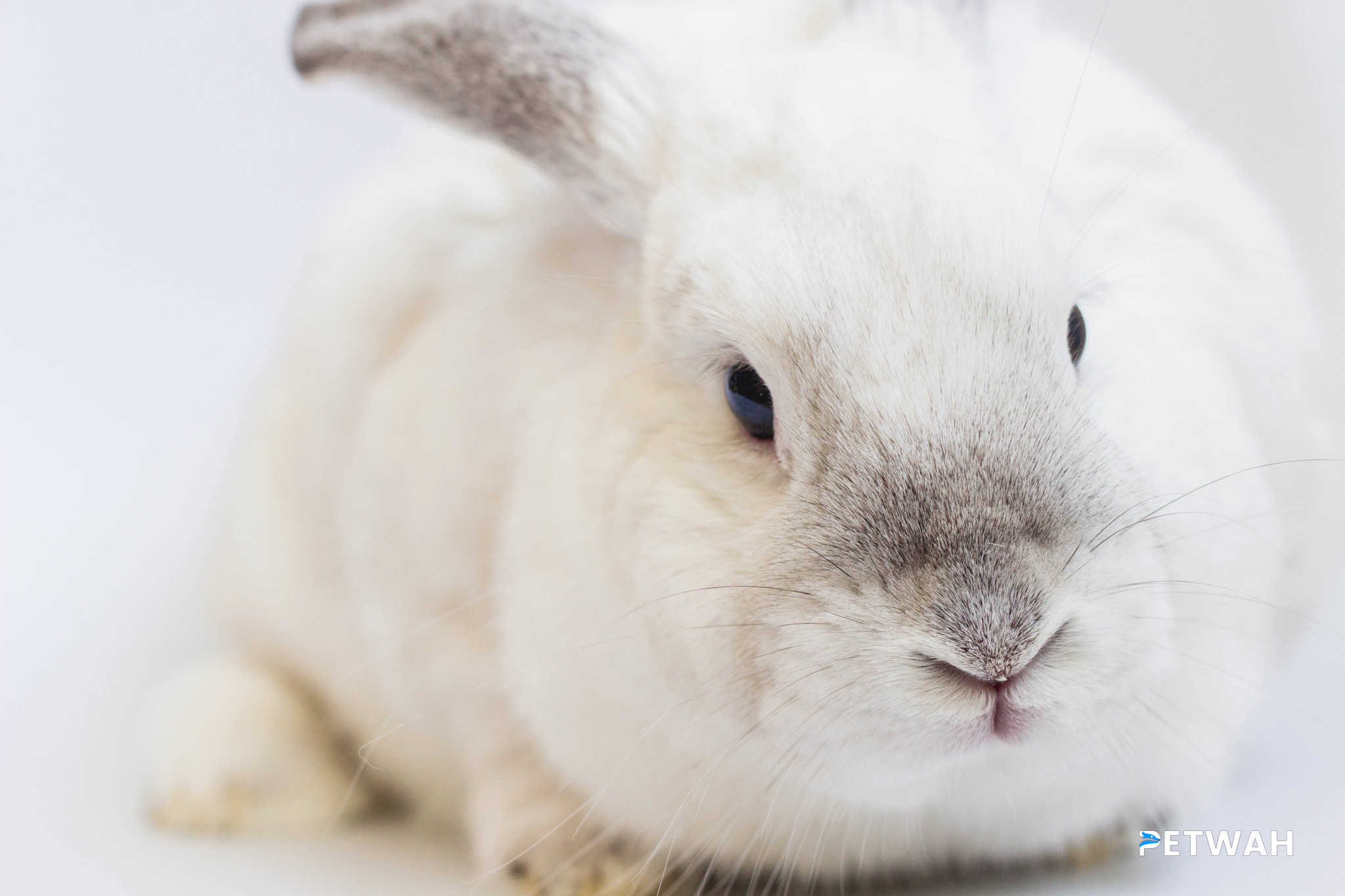As pet owners, one of our top priorities is ensuring the health and well-being of our furry friends. And when it comes to rabbits, one of the most important ways to keep them healthy is by protecting them from parasites. These pesky critters can cause a range of health issues for our fluffy companions, from skin irritation to more serious illnesses. But with the right knowledge and preventative measures, you can help keep your rabbit safe from the most common parasites. In this guide, we’ll explore some of the most common parasites that rabbits can get and provide tips on how to prevent and treat them. So let’s dive in and learn how to keep your furry friend healthy and happy!
Rabbits are lovely pets that bring joy to many households. However, like all animals, they can be susceptible to parasites that can cause discomfort, illness, and even death if left untreated. As a responsible pet owner, it’s important to be aware of the common parasites that rabbits can get, how to prevent them, and how to treat them.
Here are some of the most common parasites that rabbits can get:
1. Fleas: Fleas are blood-sucking parasites that can cause intense itching, skin irritation, and even anemia in severe cases. Fleas can easily be prevented by keeping your rabbit’s living area clean and using flea prevention products approved for rabbits.
2. Mites: Mites are tiny parasites that can cause skin irritation, hair loss, and scabbing. They can be prevented by practicing good hygiene, keeping your rabbit’s living area clean, and using mite-prevention products.
.jpg)
3. Ear Mites: Ear mites are a type of mite that specifically affects the ears of rabbits. They can cause intense itching, head shaking, and even permanent damage to the ears if left untreated. Regularly cleaning your rabbit’s ears and using ear mite-prevention products can help prevent this parasite.
4. Intestinal Parasites: There are several types of intestinal parasites that can affect rabbits, including coccidia, tapeworms, and roundworms. These parasites can cause diarrhea, weight loss, and even death if left untreated. Regular veterinary checkups, proper hygiene, and a balanced diet can help prevent these parasites.
5. Flystrike: Flystrike is a condition that occurs when flies lay eggs on a rabbit’s skin. The eggs hatch into maggots, which can eat away at the rabbit’s flesh and cause serious infections. Flystrike can be prevented by keeping your rabbit clean, dry, and free from feces and urine buildup.
In addition to knowing how to prevent these parasites, it’s important to know how to treat them if your rabbit does become infested. Treatment options may include medication, flea baths, ear drops, or topical ointments. It’s important to consult with a veterinarian to determine the best course of treatment for your rabbit.
Overall, protecting your furry friend from parasites is crucial for their health and wellbeing. By practicing good hygiene, keeping their living area clean, and using prevention products, you can help prevent parasites from affecting your rabbit. If your rabbit does become infested, prompt treatment can help ensure a full recovery. Remember, as a responsible pet owner, it’s up to you to take care of your furry friend and keep them healthy and happy.
In conclusion, protecting your furry friend from parasites is crucial for their health and happiness. As a responsible rabbit owner, it’s important to be vigilant for any signs of parasites and take swift action to prevent and treat them. By following the tips and advice outlined in this guide, you can ensure that your rabbit stays healthy and happy for years to come. Remember, prevention is always better than cure, so take the necessary steps to protect your rabbit from parasites today!


.jpg)





